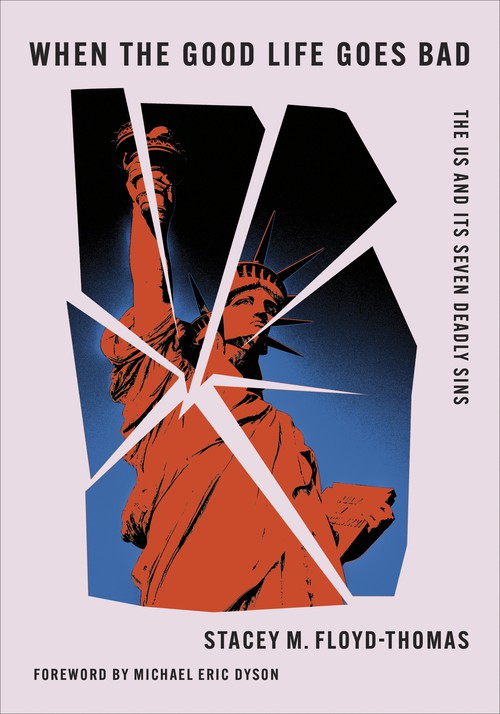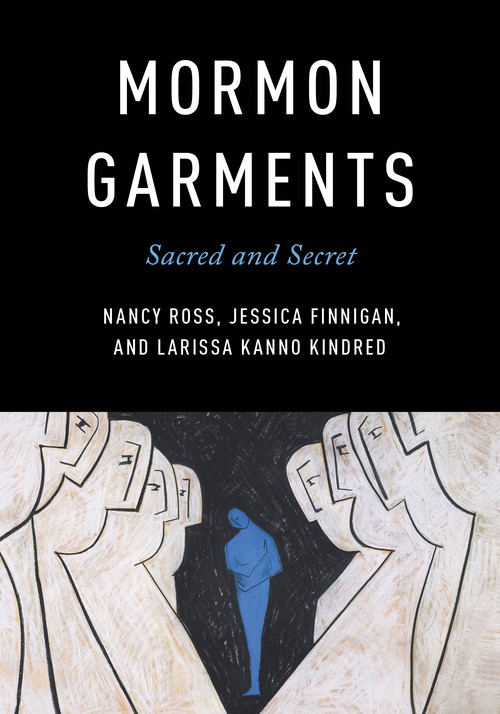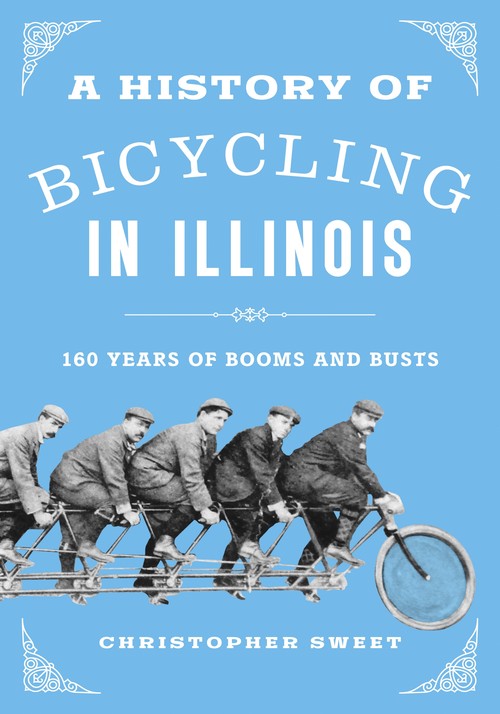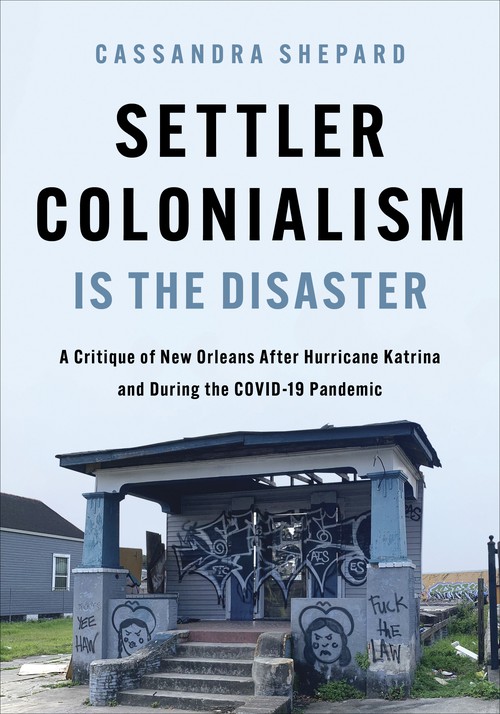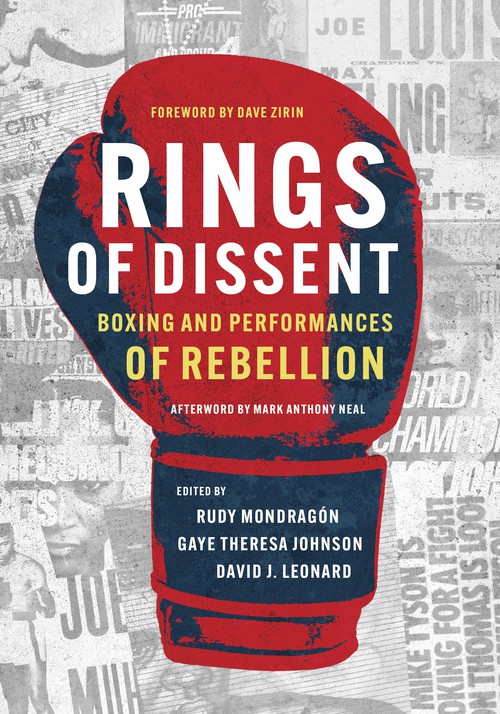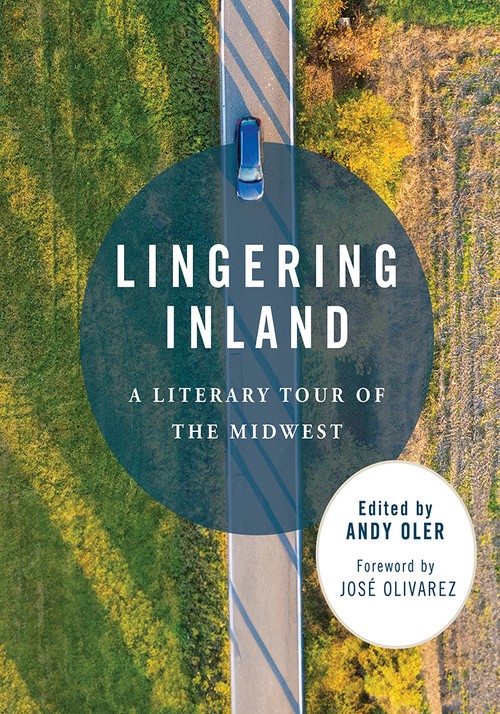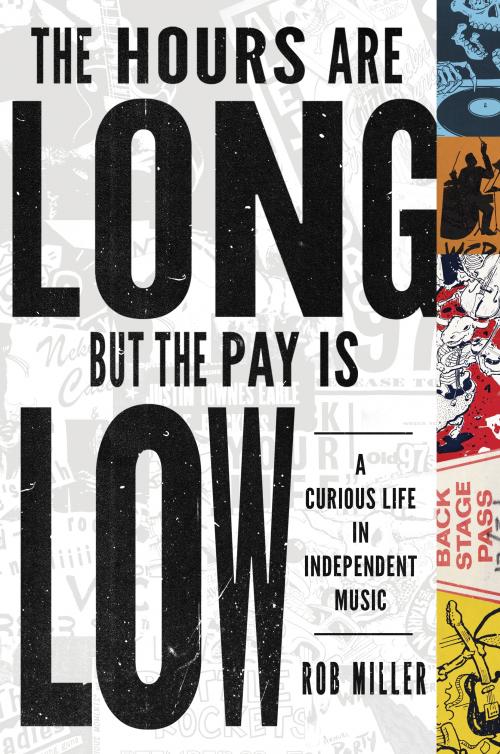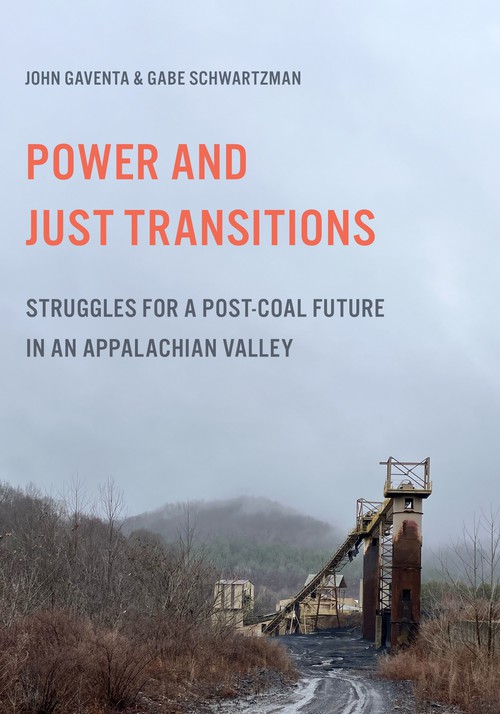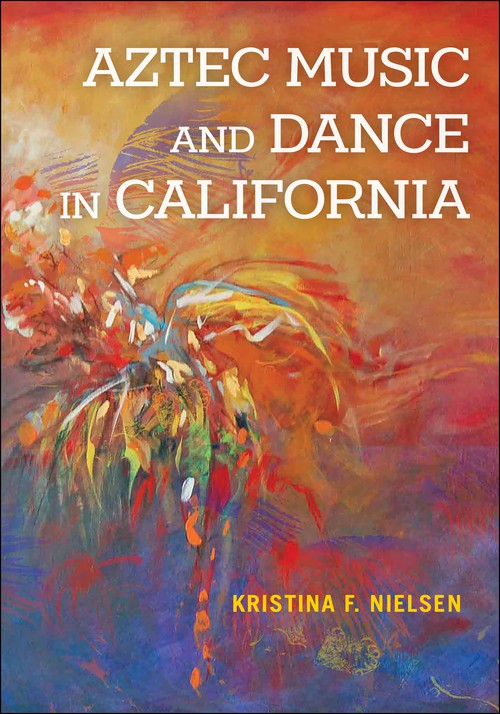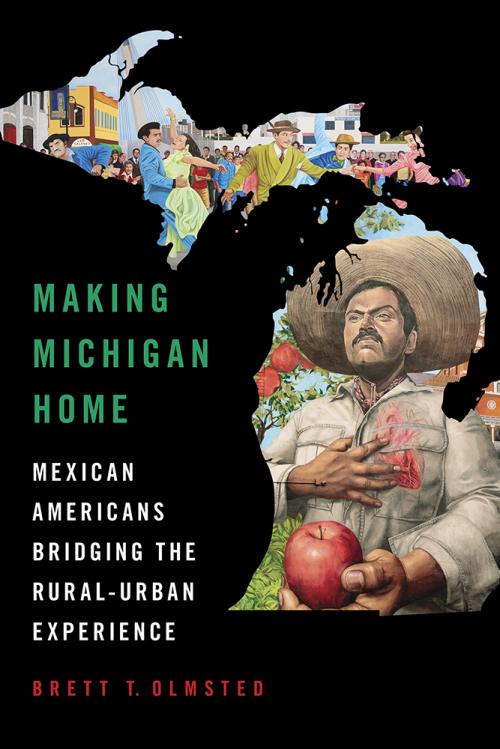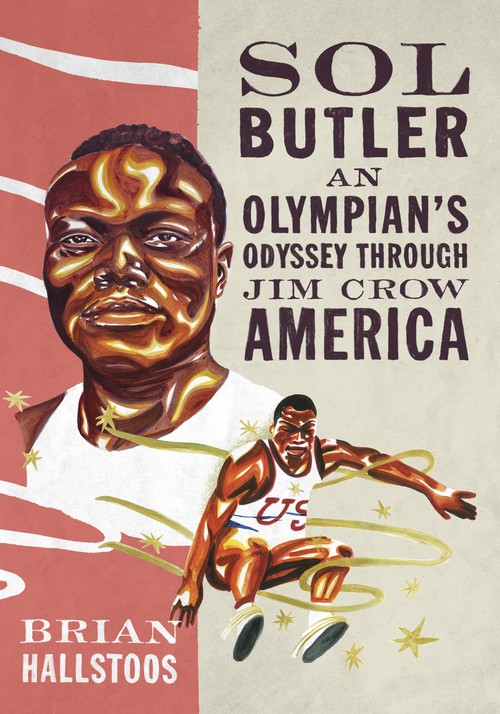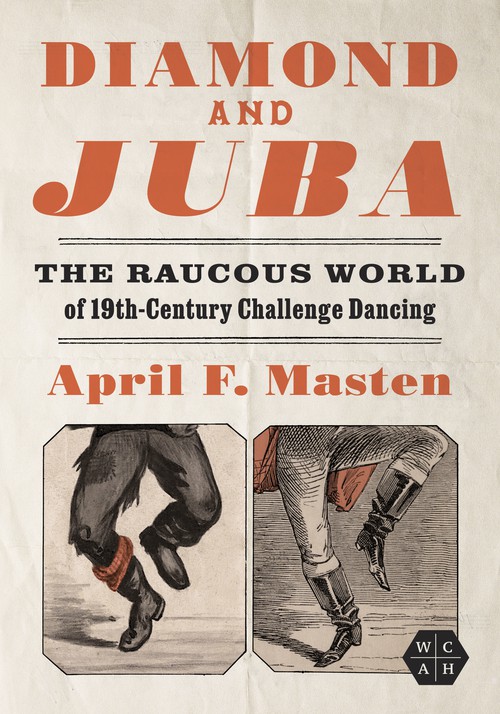
Joanna Groden is a human geneticist internationally recognized for her research in identifying and characterizing two key genes that cause colon cancer. As UIC Vice Chancellor for Research, she has oversight for all research in the sixteen Colleges of the University of Illinois Chicago, including all operations, finances, and compliance functions required for infrastructure related to research administration.
Word by word, a blank page becomes a manuscript, a dissertation becomes a book. How does this transformation occur? How do authors find and create time, inspiration, support, and motivation to write? This practical panel will share strategies from experienced authors in the humanities and social sciences, including advice on overcoming the particular challenges of research and writing in a pandemic.
- Tarini Bedi is an associate professor of anthropology, UIC, and author of The Dashing Ladies of Shiv Sena: Political Matronage in Urbanizing India (SUNY Press, 2016) and (Auto)Biographies and (Auto)Mobilities: Roads, Labor, and Kinship in Mumbai’s Taxi Trade (University of Washington Press, forthcoming).
- Lynn Hudson is an associate professor of history and affiliated faculty in the Department of Black Studies at UIC. She is the author of The Making of “Mammy Pleasant”: A Black Entrepreneur in Nineteenth-Century San Francisco (University of Illinois Press, 2003) and West of Jim Crow: The Fight against California's Color Line (University of Illinois Press, 2020).
- Ronak K. Kapadia is director of graduate studies and associate professor of gender and women’s studies, UIC, and author of Insurgent Aesthetics: Security and the Queer Life of the Forever War (Duke University Press, 2019). He is at work on a new book project tentatively titled Breathing in the Brown Queer Commons: Migrant Futurisms of Survival, Healing, and Justice.
- Chair: Mark Canuel is a professor of English and director of the Institute for the Humanities, and the author of three monographs, most recently Justice, Dissent, and the Sublime (Johns Hopkins University Press, 2012).
You have completed your dissertation, drafted your article, or prepared your book proposal. How do you identify the right publisher and venue for your work? What is the best way to approach an editor? What questions should you ask, and what questions should you be prepared to answer? Three experienced editors share their top tips for authors, with special focus on how to pitch your project and connect with an editor in a virtual environment.
- Debbie Gershenowitz is a senior acquisitions editor at the University of North Carolina Press. Her subject areas are African American history; the history of slavery, abolition, and freedom; histories of gender, women, and sexualities; histories of U.S. foreign relations and America and the World; military history; Latinx history; and legal history.
- Emily Taber is an acquisitions editor at the MIT Press. Her subject areas are economics, finance, and business.
- Daniel Nasset is editor-in-chief at the University of Illinois Press. His areas of acquisition are communication, film and media, sports, and Chicago.
- Chair: Laurie Matheson is the director of the University of Illinois Press and acquires books in music and folklore.
“Dissertation to Book: Introduction” by Alison Syring, acquisitions editor, UI Press: Lib Guide
Life cycle of a book courtesy of University Press of Florida: Life Cycle of a Book (PDF)
Recommended resources on journals publication:
University of Illinois Press Publishing Symposium Videos, February 2019:
- UIC Office of the Vice Chancellor for Research
- UIC Institute for the Humanities
- Office of the Vice President for Academic Affairs
Questions? Contact Margo Chaney, University of Illinois Press, mechaney@illinois.edu
